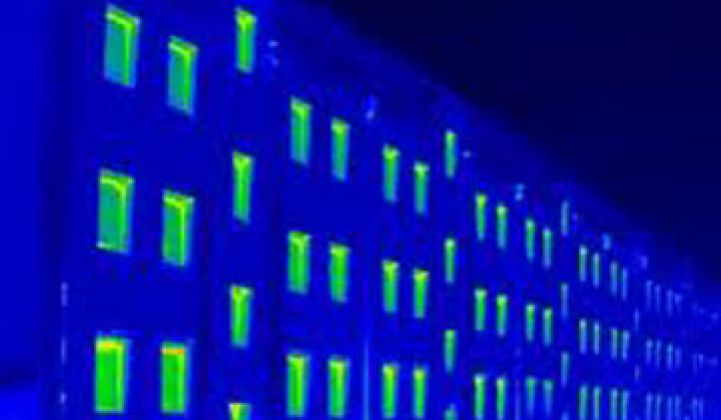Adura Technologies, which wants to put the lights in your office onto demand response networks, has lost its head.
Jack Bolick, who came to the company from Honeywell approximately 1.5 years ago, has stepped down as CEO for personal reasons, according to a company spokesman. He will remain an independent director. Andy Wheeler, the company's CTO, will take over as interim CEO until a permanent replacement is found, said the spokesman. The company has yet to formally announce the change. Adura's website does not list a CEO; however, it does identify Bolick as a director.
It's not the smoothest CEO transition and may indicate future difficulties for the company. Before Adura, Bolick was president of Honeywell's global industrial controls group, a multibillion dollar organization that has a huge presence in building controls. His recruitment to the firm was seen as a major coup for Adura -- he was the company's scale-up guy.
Adura has created a ZigBee-based system for dynamically dimming fluorescent lights, particularly in commercial office buildings. Lighting consumes almost 24 percent of the energy that goes into office buildings and a huge portion of it is wasted. Most fluorescent fixtures only know two modes: off and on. Worse, most lights aren't networked -- only 1 percent of lights in California office buildings are networked. As a result, energy gets wasted when lights get left on.
In tests with PG&E, Adura has shown that it can reduce the power going into lights by over 70 percent by harvesting daylight and using other tricks, all without employees complaining. Adura has also tweaked its technology so that it can control other devices in buildings. Retrofitting buildings for the technology is relatively cheap, too, because communications are based on wireless protocols; that means no ripping through drywall.
Adura is a pioneer in its market. Several competitors, however, have come into the space. Lumenergi, which also has a system for dimming fluorescents, has signed several large contracts to rig federal and state offices. Daintree Networks has come out with a ZigBee-based system that it will license to large, established manufacturers -- in other words, the kind of organizations with global sales teams that dwarf anything Adura could afford on its own.
Rumors have swirled around suggesting that Adura has had some difficulties landing big accounts recently, but there was nothing specific that we could confirm. The spokesman said announcements about business activity are on the way.
We expect a raft of acquisitions to come into this space, and Adura likely remains a prime target for acquisition. Companies like Siemens, EnerNoc, Honeywell and even Serious Materials have been gobbling up building management companies, but all of these recent acquisitions have focused on heating and air conditioning controls, not lighting.
“It is like slamming your accelerator to the floor and running flat-out until you exit the car,” said Peter Schwartz, vice president at business development at Lumenergi, about how most people (and companies) tend to use lights. “This is the largest, last untapped end-use in buildings.”
VantagePoint Venture Partners, Claremont Creek Ventures and NGEN have invested in the company, which spun out of the University of California.



